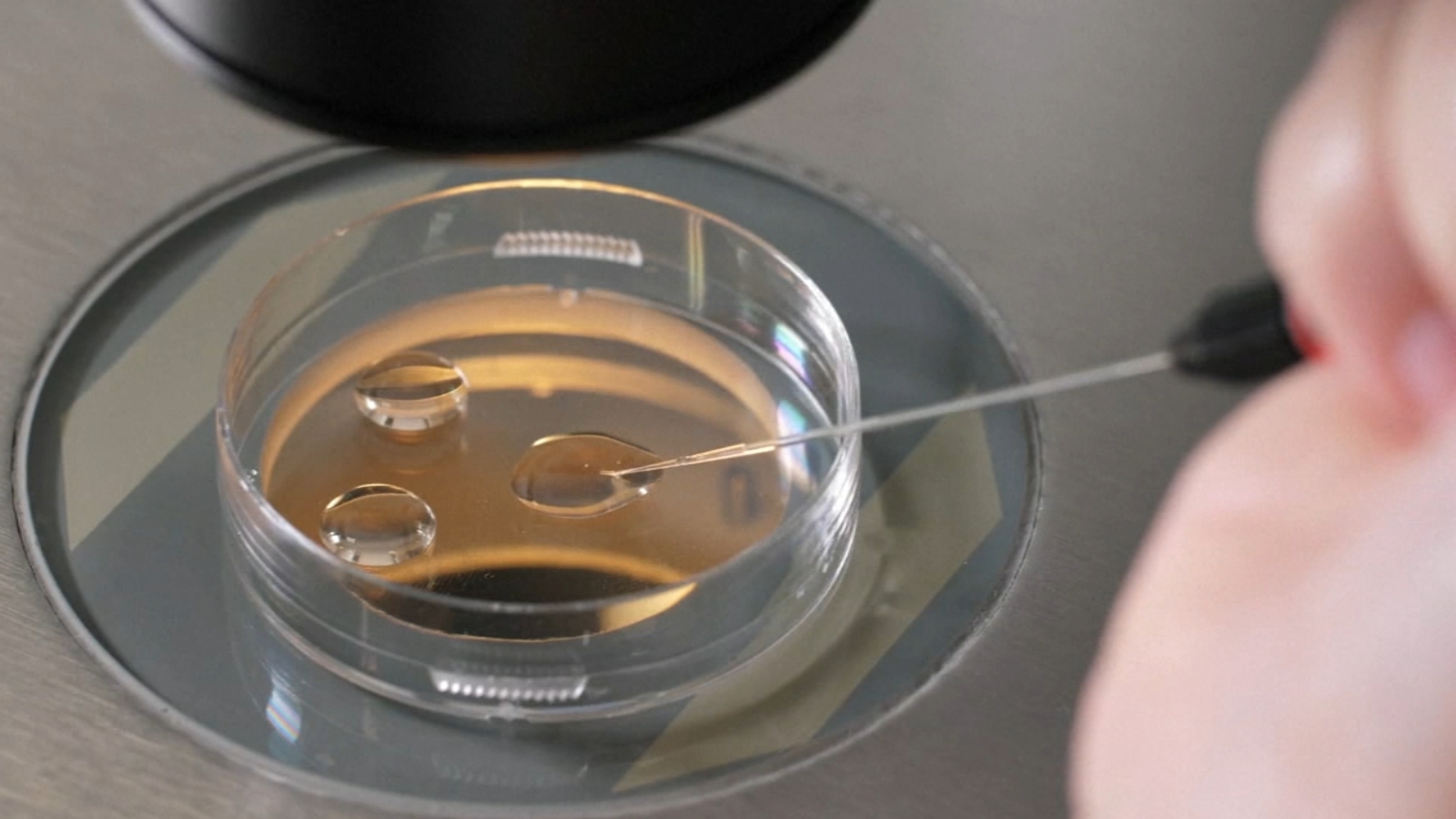The Alabama Supreme Court’s recent ruling, which classifies frozen embryos as children, continues to reverberate across state lines. In Florida, a proposed bill expanding liability for wrongful death lawsuits concerning unborn children has been indefinitely postponed in light of the Alabama decision.
The bill’s sponsor, Republican Senator Erin Grall, opted to delay its vote, recognizing the legal implications set by Alabama.
Meanwhile, in Texas, Governor Greg Abbott voiced support for in vitro fertilization (IVF) but refrained from advocating for specific legislation to ensure IVF access within the state. While affirming the importance of IVF in facilitating childbirth, Abbott emphasized Texas’ pro-life stance without committing to legislative action.
Personal stories further illustrate the impact of the Alabama ruling. Alabama resident Gabby Goidel’s experience highlights the challenges faced by individuals seeking IVF treatment. Forced to travel to Texas after her local clinic suspended services, Goidel emphasized the added stress and logistical hurdles resulting from the legal uncertainty surrounding IVF.

The Alabama Supreme Court’s decision has also raised concerns within the medical community. Fertility treatment facilities in Alabama, including the University of Alabama at Birmingham, have halted certain IVF programs due to fears of legal repercussions.
While Alabama Attorney General Steve Marshall has indicated no intention to prosecute families or IVF providers based on the ruling, concerns persist regarding potential legal ramifications.
In response to the ruling, legislative efforts are underway to address the legal status of frozen embryos. Democratic Alabama House Minority Leader Anthony Daniels introduced a bill to clarify that fertilized human eggs stored outside a uterus are not considered human beings under state law.
Republican state Senators are expected to introduce similar legislation, though the timing remains uncertain.





